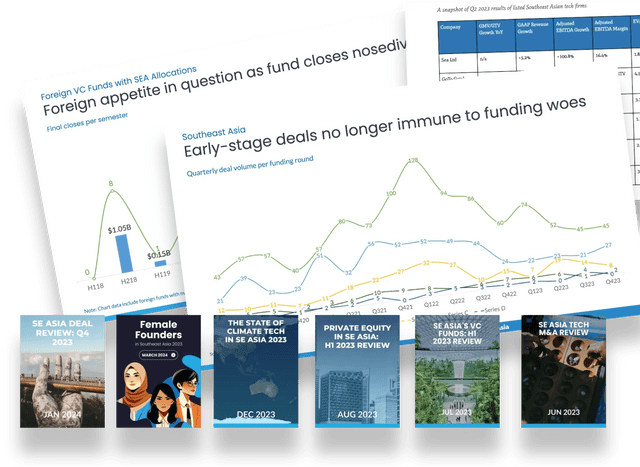Unlocking Opportunities: A Comprehensive Guide to Government Loans and Grants for Small Businesses
Guide or Summary:Government loans are funds provided by government agencies to help individuals and businesses meet their financial needs. These loans typic……
Guide or Summary:
---
In today's economic landscape, small businesses play a vital role in driving innovation, creating jobs, and contributing to local communities. However, accessing the necessary capital to start or expand a business can be a significant hurdle for many entrepreneurs. Fortunately, there are various financial options available, including government loans and grants, designed to support small business owners in their quest for success. This guide will explore the different types of government loans and grants, their eligibility requirements, and how to apply for them effectively.
#### Understanding Government Loans
Government loans are funds provided by government agencies to help individuals and businesses meet their financial needs. These loans typically come with lower interest rates and more favorable terms than traditional bank loans, making them an attractive option for many entrepreneurs. The U.S. Small Business Administration (SBA) is one of the primary sources of government loans, offering various programs tailored to different business needs.
One popular program is the SBA 7(a) loan, which can be used for a wide range of business purposes, including working capital, equipment purchase, and real estate acquisition. The maximum loan amount is $5 million, and terms can extend up to 25 years for real estate. Another option is the SBA Microloan program, which provides smaller loans (up to $50,000) to startups and small businesses that may not qualify for traditional financing.
To qualify for government loans, applicants must demonstrate their ability to repay the loan, which often requires a solid business plan, good credit history, and collateral. It's essential for entrepreneurs to thoroughly research the various loan programs available and determine which one aligns best with their business goals.

#### Exploring Government Grants
Unlike loans, grants are funds that do not require repayment, making them an appealing option for small business owners seeking financial assistance. Government grants are typically awarded to support specific initiatives, such as research and development, innovation, or community development. However, the competition for grants can be fierce, and the application process may be more complex than applying for a loan.
The federal government, as well as state and local agencies, offers various grants for small businesses. One notable program is the Small Business Innovation Research (SBIR) program, which provides funding for small businesses engaged in research and development projects that have the potential for commercialization. Another option is the Community Development Block Grant (CDBG) program, which supports economic development initiatives in low- and moderate-income communities.
To increase the chances of securing a grant, business owners should carefully review the eligibility requirements and tailor their proposals to meet the specific goals of the funding agency. A well-crafted business plan, a clear outline of the project, and a budget that demonstrates financial responsibility can significantly enhance an applicant's prospects.
#### How to Apply for Government Loans and Grants

Applying for government loans and grants requires careful planning and preparation. Here are some essential steps to follow:
1. **Research**: Begin by researching the various government loans and grants available. Identify which programs align with your business needs and goals.
2. **Prepare Documentation**: Gather all necessary documentation, including a business plan, financial statements, tax returns, and any other relevant information that demonstrates your business's viability.
3. **Complete Applications**: Carefully follow the application guidelines for each program. Pay attention to deadlines and ensure that all required information is included.
4. **Follow Up**: After submitting your application, follow up with the funding agency to confirm receipt and inquire about the timeline for decision-making.

5. **Utilize Resources**: Consider seeking assistance from local Small Business Development Centers (SBDCs), SCORE chapters, or other organizations that offer support to entrepreneurs. These resources can provide valuable guidance throughout the application process.
In conclusion, government loans and grants can be powerful tools for small business owners looking to secure funding for their ventures. By understanding the different options available, preparing thorough applications, and leveraging available resources, entrepreneurs can unlock opportunities that pave the way for their business success. Whether you are starting a new venture or seeking to expand an existing one, exploring government loans and grants should be a key component of your funding strategy.